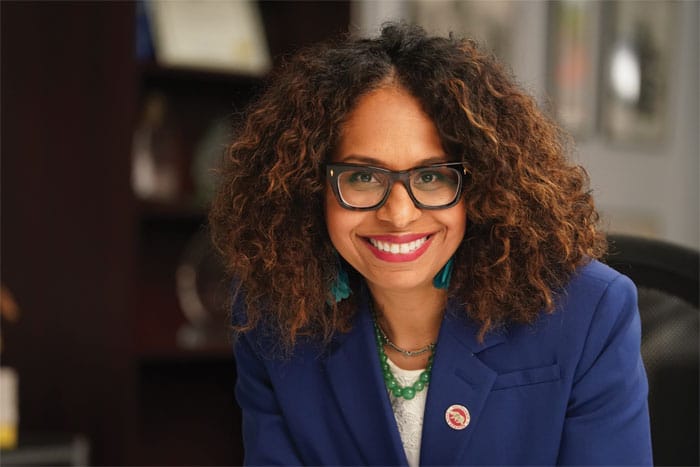
Supporting Israel has become more of an issue among segments of the Democratic party — in particular with leftist politicians such as Ilhan Omar (D-Minn.), Alexandria Ocasio-Cortez (D-N.Y.) and Rashida Tlaib (D-Mich.).
However, many politicians are standing strong in their advocacy for Israel and the Jewish people. Here in Los Angeles, State Senator Sydney Kamlager, who represents the 30th Senate district and is running for mayoral candidate Karen Bass’ congressional seat, has been a longtime friend of the Jewish community.
“I was born to interracial parents in a segregated city,” said Kamlager, a Chicago native whose father is white and whose mother is Black. “Being the product of an interracial marriage really set the tone for how I see people and how I see myself. I’m really curious about other perspectives. I’m centering my work in belonging, and I think that’s what politics and policy should be about. How do we create policies and push discussions so that all people feel like they belong? That’s part of the Jewish-American experience.”
“I’m really curious about other perspectives. I’m centering my work in belonging, and I think that’s what politics and policy should be about.”
Even though Kamlager isn’t Jewish, her husband, Austin Dove, a criminal defense attorney, had a great-grandfather who was Jewish. The senator supports the legislative priorities of the Jewish Caucus including AB 57, which was aimed at improving the response to hate crimes, as well as SB 693, which strengthens Holocaust and genocide awareness and education.
“I work with my colleagues on pushing bills that have a positive impact on the world,” Kamlager, who represents areas like Century City, Culver City, Cheviot Hills and South Los Angeles said. “That’s what being an elected official is all about.”
She recently spoke at an AIPAC event, and traveled to Israel with the Jewish Federation for two weeks. The senator supports Israel because of its status as “a democracy surrounded by a legion of actors who don’t believe in it,” she said. “It really works to push the envelope around needed innovations that we are trying to harness right now, like water and drought resiliency and biotech, vaccines and healthcare. It’s an example of what a young, vibrant democracy looks like, and we should be supporting it.”
In recent years, relations between the Black and Jewish communities have been on the decline; most recently, during the Black Lives Matter protests in 2020, people spray painted “F— Israel” and “Free Palestine” on a synagogue in LA – even though the protests had nothing to do with the Jewish state.
When thinking about a way for the Black and Jewish communities to move forward together, Kamlager recalled her favorite quote from Fred Rogers: “Anything that’s human is mentionable, and anything that is mentionable can be more manageable.”
“We have to talk about the chasm between the Black and Jewish community and the breakdown in support,” she said. “We need to talk about the past, and how icons and legends and rebels [like Rabbi Abraham Joshua Heschel and Martin Luther King Jr.] came together, and what has happened since then. We can manage our way back to that.”
Kamlager is trying to do her part. Along with supporting the Jewish Caucus, she said she sits down with its members and learns Jewish history.
“I want to speak out about why it’s not cool to say ‘F— Israel’ and about how all these folks don’t want to go to synagogue, or how a rabbi has to take off his yarmulke when he goes to the grocery store so he doesn’t get attacked.”
As for anti-Israel extremists in the Democratic party, Kamlager said she doesn’t subscribe to that kind of rhetoric.
“My district is incredibly diverse,” she said. “It has one of the largest Jewish populations in the country outside of the East Coast, and a very diverse compilation of Jewish values. Who would I be to marginalize an important, vocal, engaged and vulnerable population in my community? I don’t know Ilhan [Omar]’s constituency, but I wouldn’t stand for it. We have an obligation to talk about the consequences of hateful language on all sides within our party, as well as outside of it.”
Kamlager relates the rhetoric from Ilhan Omar and other politicians with similar views to her own life.
“In my own household, if I want to encourage my husband to think in a different way, should I spew hate?” she said. “I haven’t found that to be productive. It stems from my personal life as someone who is biracial.”
The senator was at college at USC when the 1992 Los Angeles riots broke out. Her father was trying to pick her up from school, and they had a discussion about how to make it happen.
“He was afraid that if he was in the car with me, someone would hurt me,” she said. “What would they do if they saw a Black person and a white person together? There was fear, hate, anger and frustration during that time. I don’t respond well to hate. Anger can drive you to do bad things.”
For now, Kamlager is going to do her part to bridge the gap between different communities and speak rationally, with love, about the issues that are most important to people.
“My dream is to say I was of service,” she said. “I’d like to be able to have a dinner with people from all races, ethnicities and backgrounds, and we come together to create a collective that’s working together for justice. They don’t all have to be friends, but they do have to see each other. It can happen in my lifetime.”








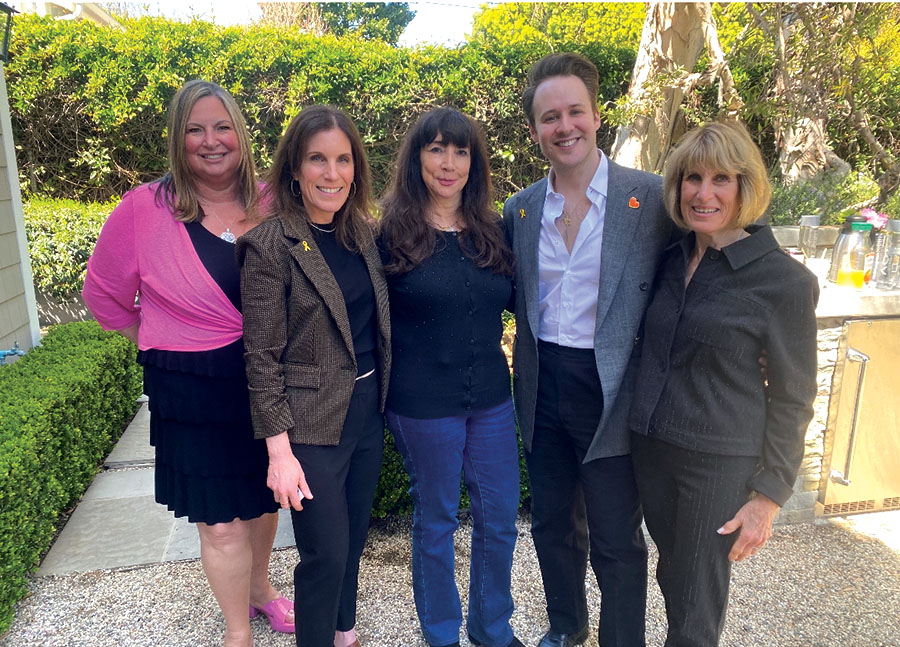
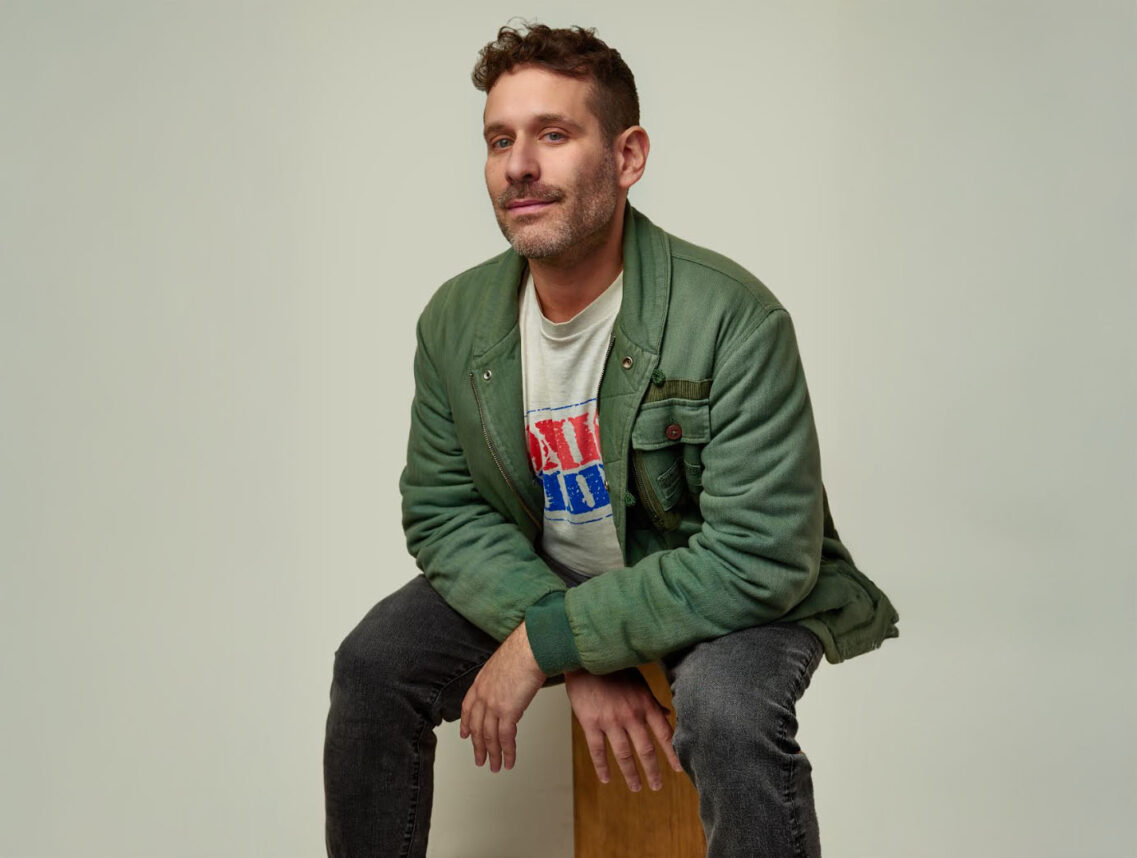

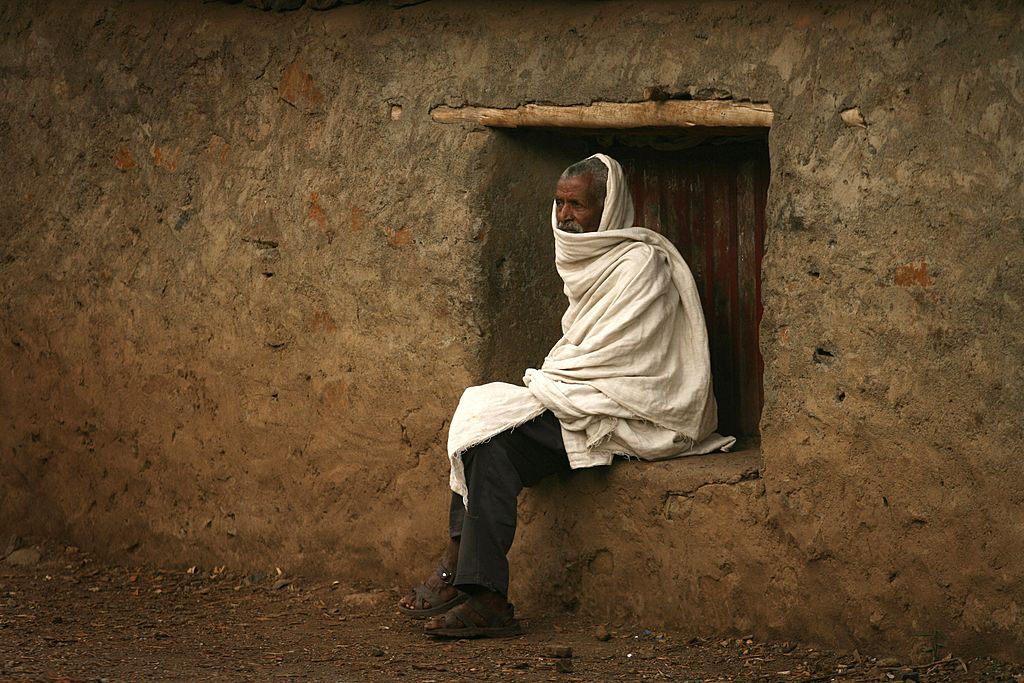

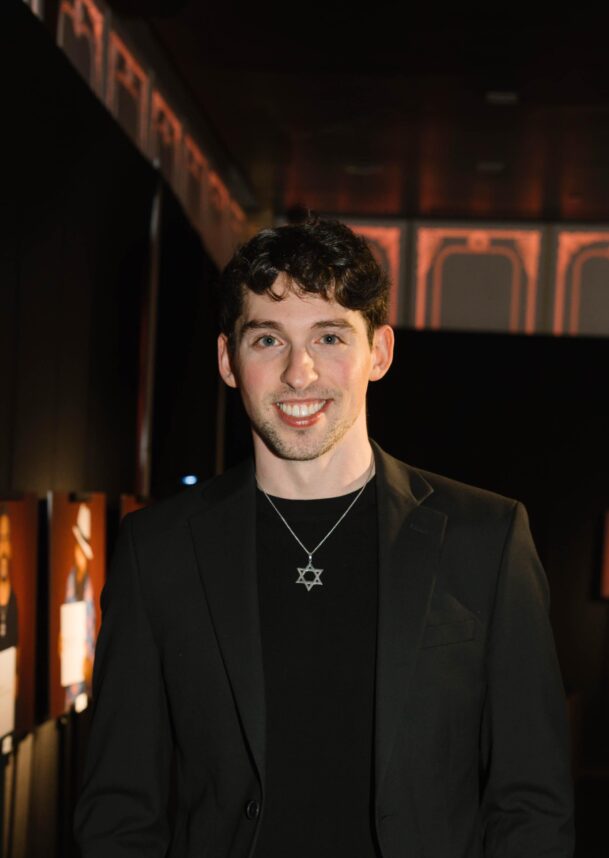
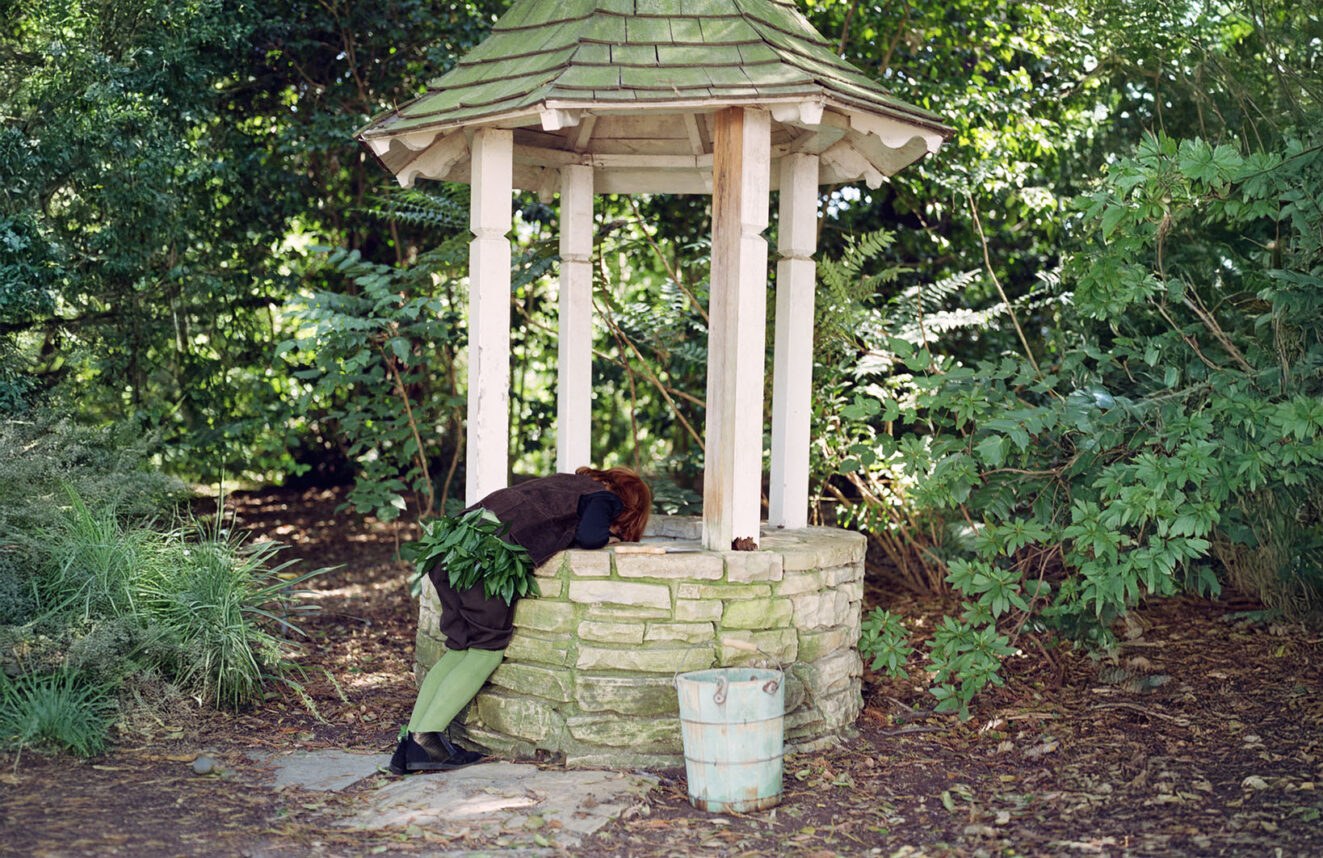
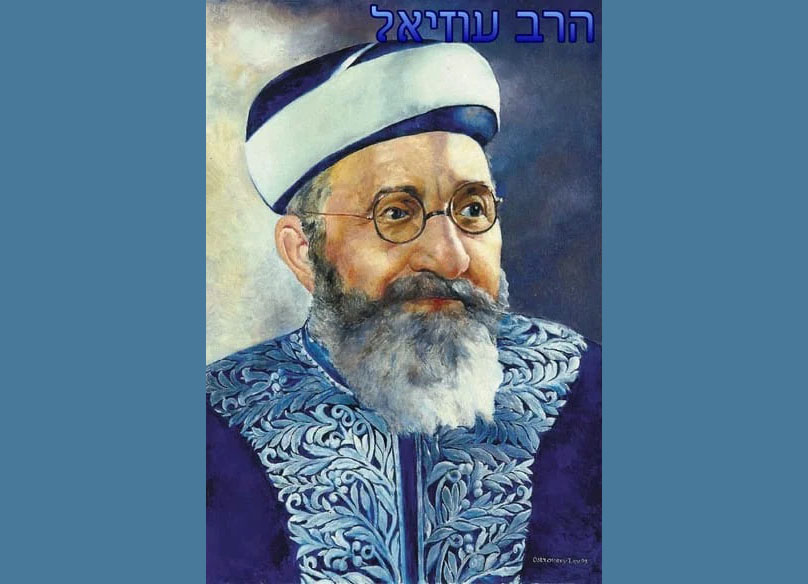



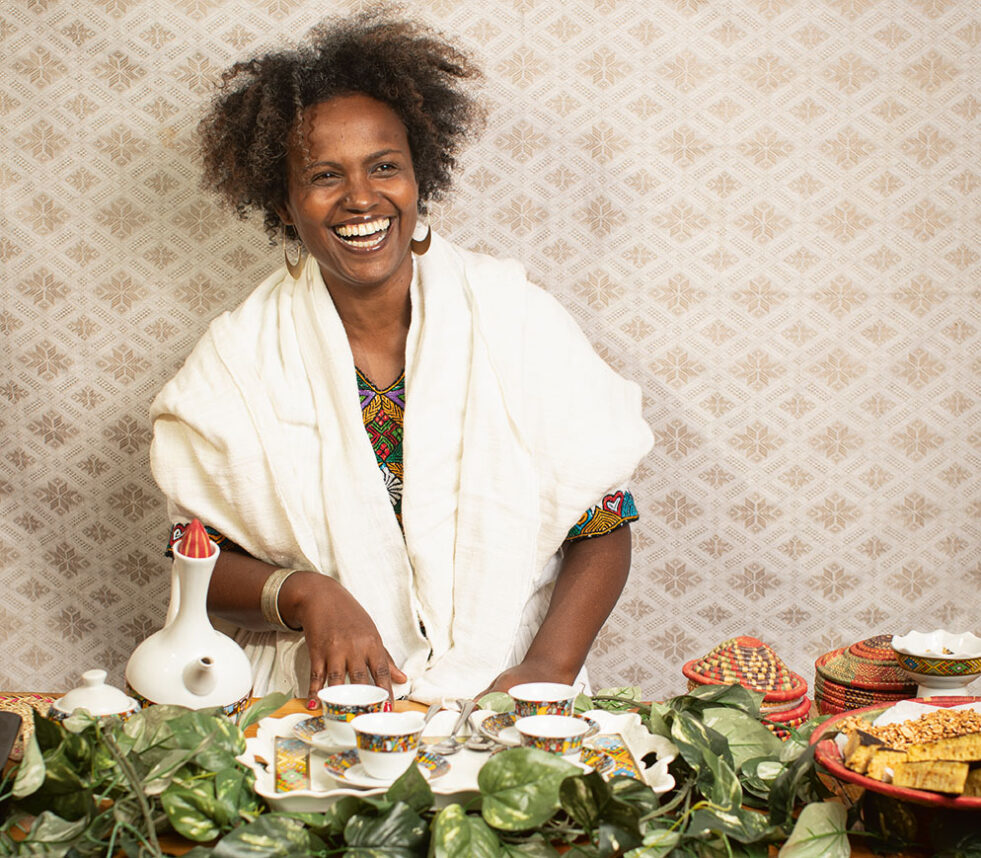


 More news and opinions than at a Shabbat dinner, right in your inbox.
More news and opinions than at a Shabbat dinner, right in your inbox.